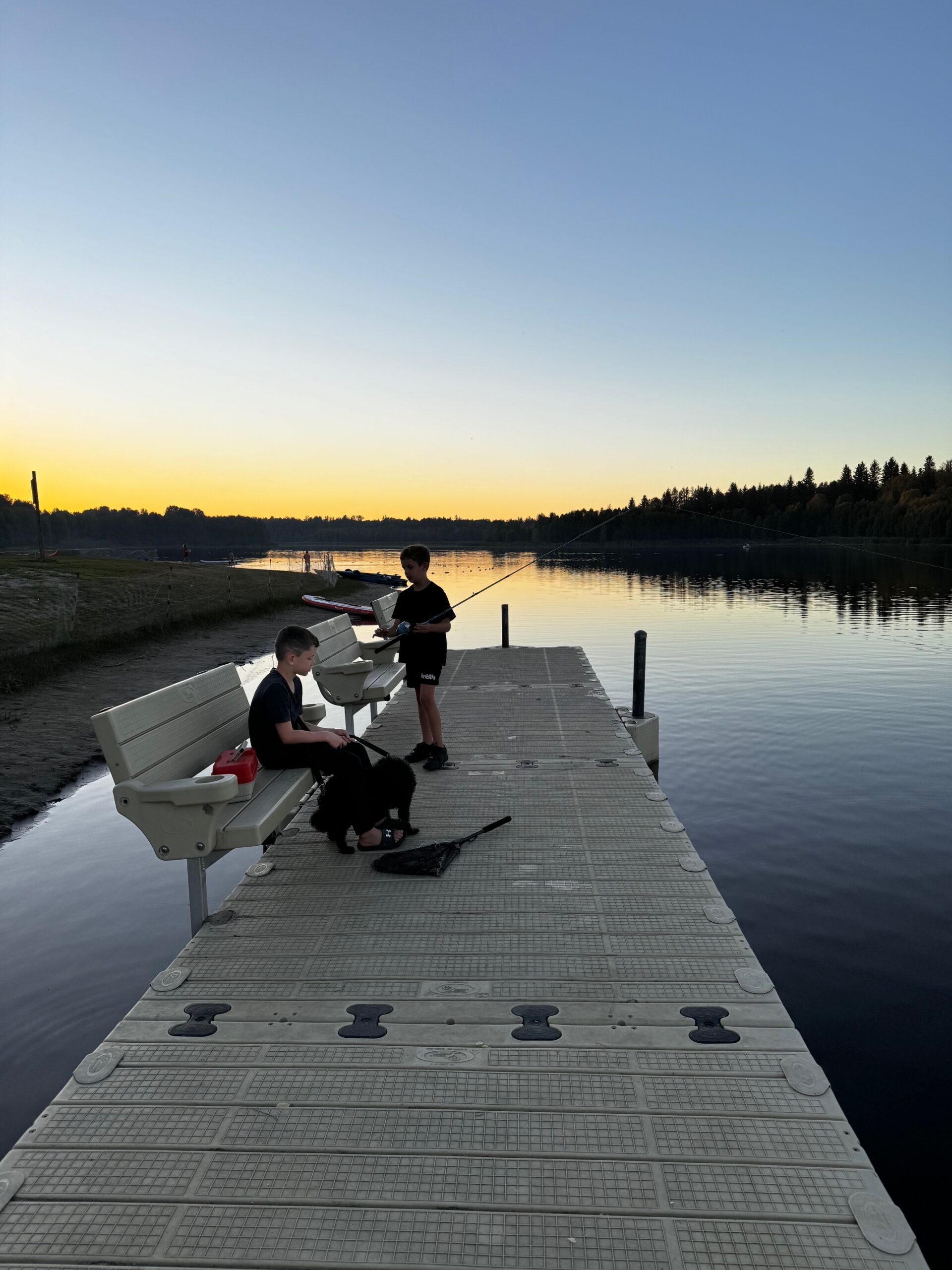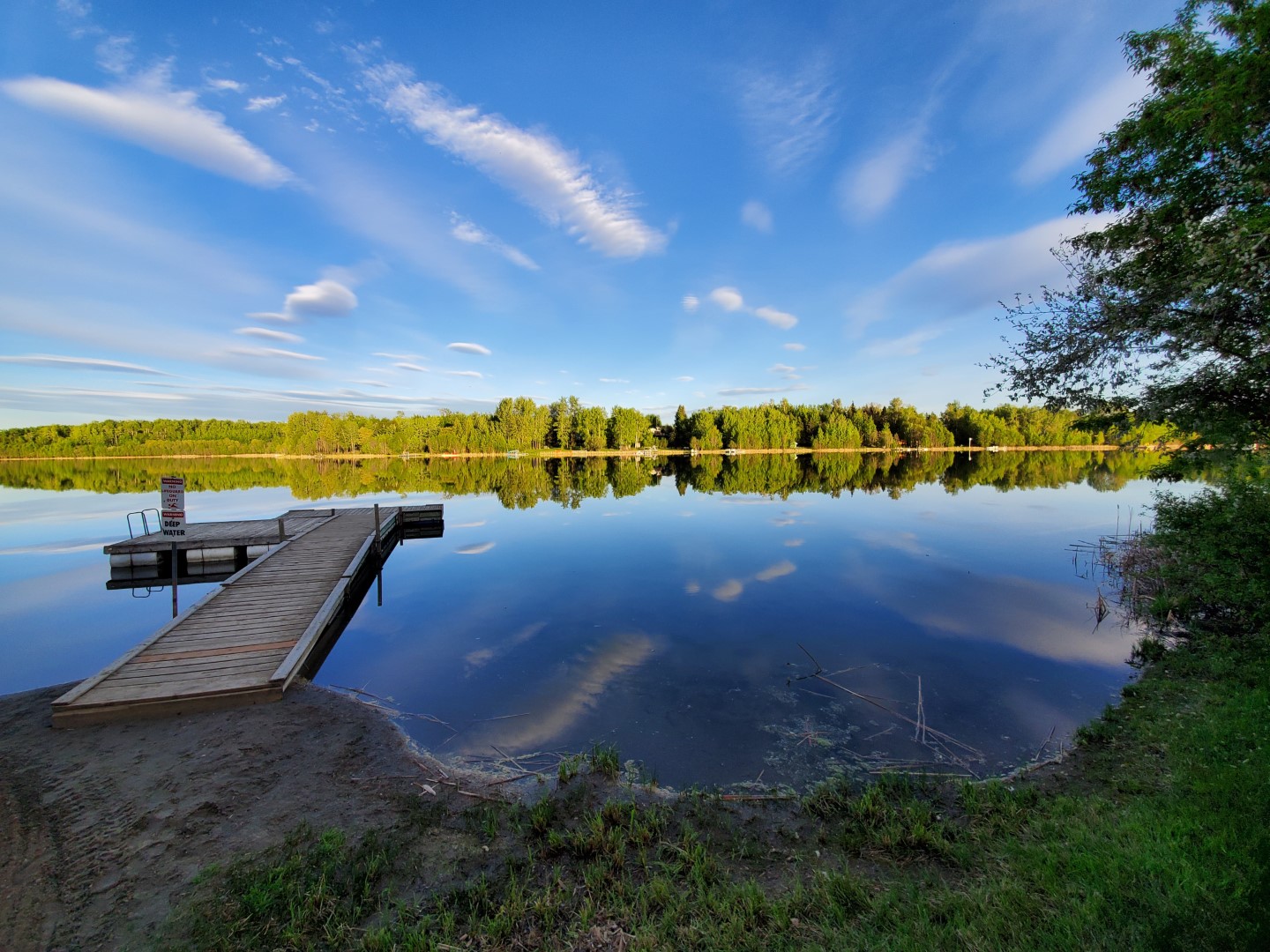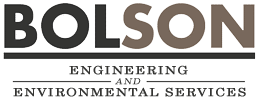Water is a vital resource that sustains all life forms and supports countless human activities. In Alberta, managing this precious resource is governed by the Water Act. One crucial aspect of this legislation is the Water Act Approval. But what exactly is a Water Act Approval, and why is it important?
Understanding the Water Act
The Water Act is a comprehensive piece of legislation in Alberta that governs the allocation, use, and management of water resources. Enacted to ensure sustainable water use, the Act covers everything from the protection of aquatic ecosystems to the approval of water-related projects.
Key Objectives of the Water Act
The Water Act aims to:
- Protect Water Quality: Ensure that water quality is maintained for various uses, including drinking, agriculture, and industrial purposes.
- Sustain Water Quantity: Manage water resources to meet present and future needs.
- Promote Conservation: Encourage the conservation and efficient use of water.
What Is a Water Act Approval?
A Water Act permit is an official document issued by the Alberta government that authorizes individuals or organizations to carry out activities involving the use or alteration of water bodies. These activities might include:
- Drawing water from rivers, lakes, or groundwater sources.
- Constructing dams, weirs, or other water control structures.
- Altering the flow or course of a water body.

Fishing at Spring Lake RV Resort, Alberta
Types of Water Act Approvals
There are several types of Water Act permits, each serving different purposes:
- Temporary Diversion Licenses (TDL): These are short-term permits for activities that require water for a limited time, such as construction projects.
- Water Licenses: Long-term permits for ongoing water use, often for industrial, agricultural, or municipal purposes.
- Approvals: Required for activities that may alter the water body, such as building a bridge or culvert.
Why Do You Need a Water Act Permit?
Obtaining a Water Act approval is crucial for several reasons:
Legal Compliance
First and foremost, it is a legal requirement. Conducting water-related activities without the necessary permits can result in hefty fines and legal action. Ensuring you have the appropriate approvals helps you stay compliant with Alberta's water management laws.
Environmental Protection
Permits help protect the environment by ensuring that water use and alterations to water bodies are sustainable and do not harm aquatic ecosystems. The permitting process includes environmental assessments to evaluate the potential impact of proposed activities.
Resource Management
Water Act approvals play a vital role in managing Alberta's water resources. By regulating water use, the government can ensure that there is enough water to meet the needs of various users, including households, industries, and agriculture.

Hubbles Lake, Alberta
How to Apply for a Water Act Permit
Applying for a Water Act approval involves several steps with different governing bodies. Here is a simplified guide to the process:
Step 1: Determine the Need for a Permit
Not all water-related activities require a permit. The first step is to determine whether your project needs a permit under the Water Act. This can be done by consulting an Alberta regulatory expert.
Step 2: Prepare Your Application
Once you've determined that you need a permit, the next step is to prepare your application. This typically includes:
- Project Description: A detailed description of your project, including its purpose and scope.
- Environmental Impact Assessment: An assessment of the potential environmental impacts of your project.
- Water Use Plan: A plan outlining how you intend to use the water and measures to ensure sustainability.
- A civil engineering plan
Step 3: Submit Your Application
Submit your application to the applicable governing bodies. The application process will usually take several months, depending on the complexity of your project and the type of permit required.
Step 4: Review and Approval
The AEP or AER will review your application to ensure it meets all regulatory requirements. This may involve consultations with other stakeholders and public notices. If your application is approved, you will receive your Water Act approval.
Step 5: Compliance and Monitoring
Once you have your permit, it is essential to comply with all the conditions outlined in the permit. This may include regular monitoring and reporting to ensure that your activities do not negatively impact the environment.

Boat Launch Hilliard's Bay, Alberta
Common Challenges and Tips for Success
Obtaining a Water Act permit can be a complex and time-consuming process. Here are some common challenges and tips to help you navigate the process successfully:
Challenge 1: Complex Regulations
The Water Act regulations can be complex and difficult to navigate. It is essential to thoroughly understand the requirements and seek expert advice if needed.
Tip: Consult with environmental consultants or legal experts who specialize in water management to ensure your application is complete and accurate.
Challenge 2: Lengthy Approval Process
The approval process can be lengthy, particularly for large or complex projects.
Tip: Plan ahead and submit your application well in advance of your project's start date to avoid delays.
Challenge 3: Environmental Concerns
Environmental assessments can be challenging, particularly if your project has the potential to impact sensitive ecosystems.
Tip: Engage with environmental experts early in the planning process to identify potential issues and develop mitigation strategies.
The Path Forward
A Water Act approval is essential for anyone planning to use or alter water bodies in Alberta. It ensures legal compliance, protects the environment, and helps manage water resources sustainably. By understanding the application process and addressing common challenges, you can successfully obtain the necessary permits for your project.
If you need assistance with your Alberta development, don't hesitate to contact our civil engineering experts at Bolson Engineering and Environmental Services.

